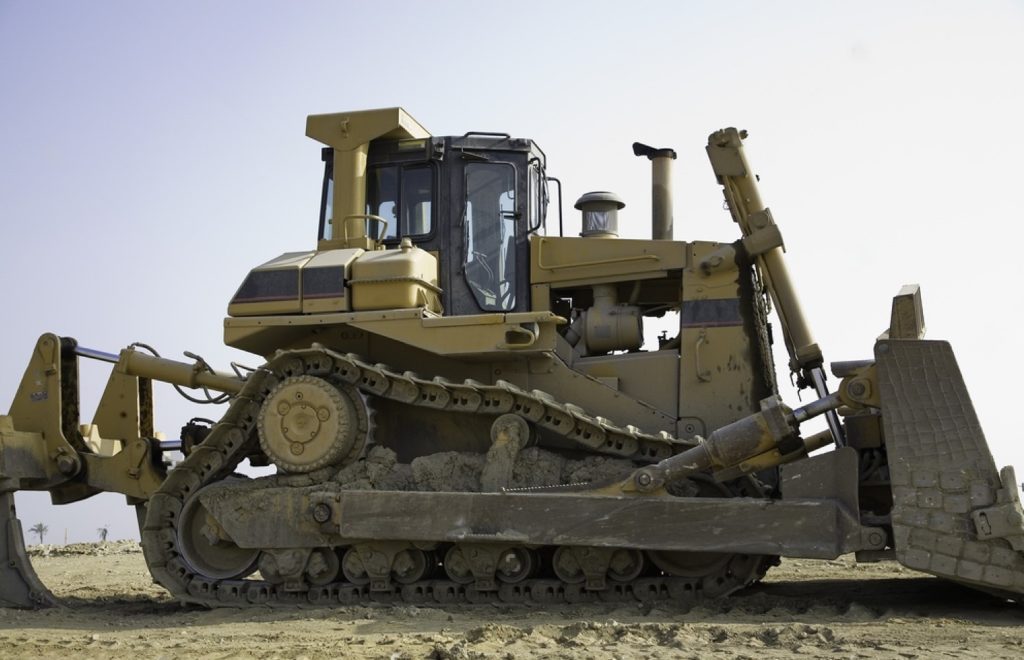Introduction
Choosing the right dozer for your construction project is crucial for enhancing efficiency, reducing costs, and ensuring the safety of operations. This guide provides comprehensive insights into selecting the ideal dozer based on your specific project requirements.
Understanding Dozers
Types of Dozers
Dozers come in various sizes and types, each suited for different kinds of work environments. Understanding these variations is the first step in making an informed decision.
Key Features of Dozers
The primary features to consider include the dozer’s size, horsepower, and the type of blade or attachments it supports. These features determine the dozer’s suitability for different tasks such as earthmoving, road building, or land clearing.
Assessing Project Needs
Scale of the Project
The scale of your project influences the type of dozer you need. Larger projects typically require more powerful machines with greater durability and capacity.
Specific Tasks Required
Identify the specific tasks the dozer will perform, such as grading, backfilling, or clearing land. This assessment helps narrow down the choices to models best suited for these tasks.
Types of Dozers Explained
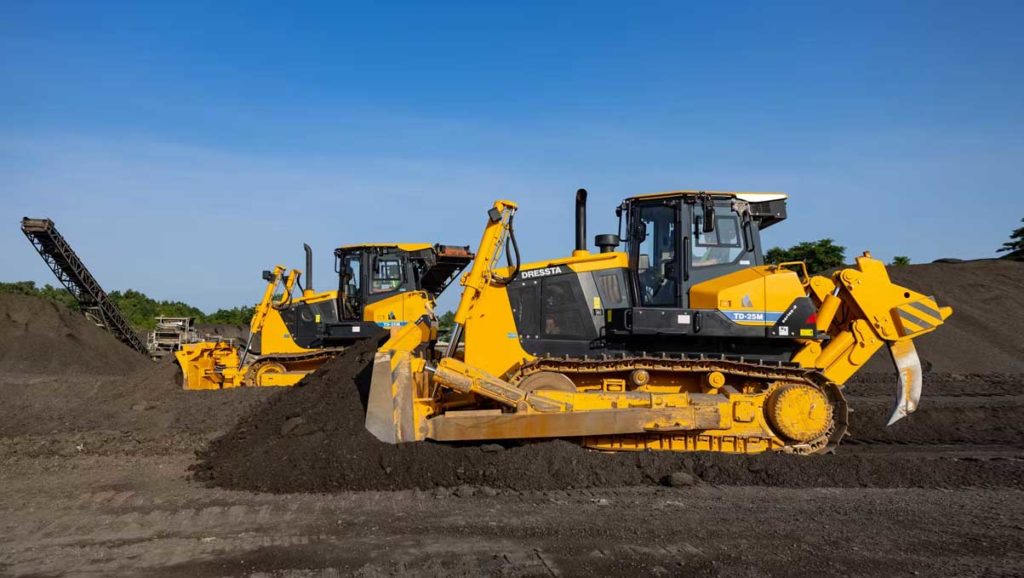
Ideal for rough and uneven terrains, crawler dozers are perfect for large-scale earthmoving and grading projects due to their powerful traction and stability.
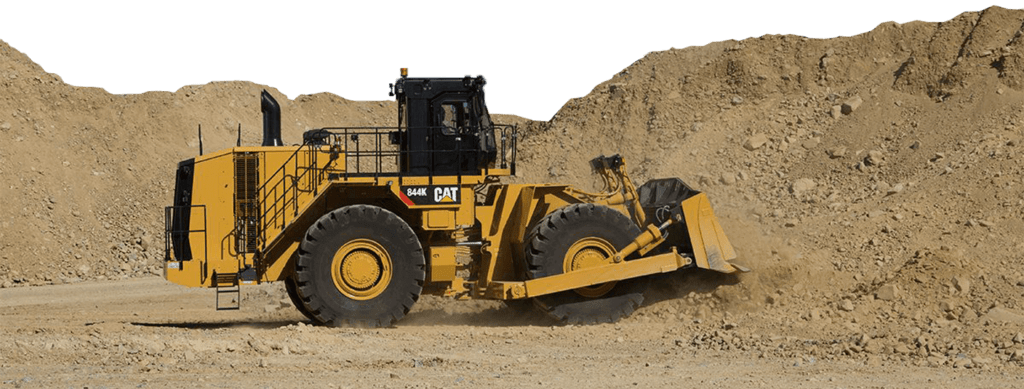
Wheel Dozers
Wheel dozers, which are faster and more manoeuvrable, are suitable for projects requiring mobility and speed, such as in large area clearing or road construction.
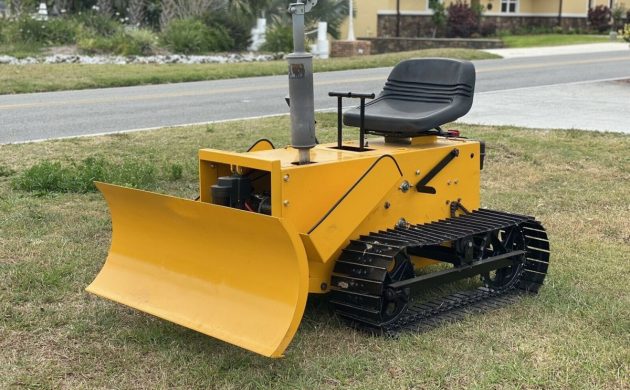
Mini Dozers
Mini dozers are excellent for smaller projects like landscaping or small construction tasks due to their compact size and lower impact on the environment.
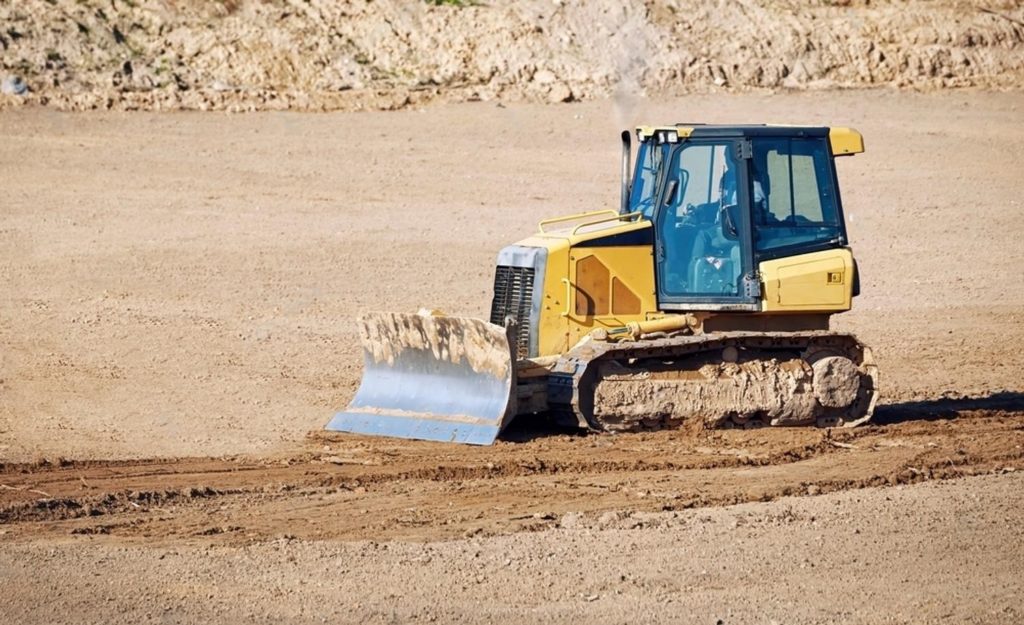
Selecting the Right Dozer
Factors to Consider
When selecting a dozer, consider the machine’s power, size, durability, and the types of attachments it can handle. Matching these factors with your project needs is crucial.
Matching Dozer to Project Needs
Choose a dozer whose specifications align closely with the demands of your project to ensure efficiency and cost-effectiveness.
Operating Costs
Initial Purchase
Understand the upfront costs involved in purchasing a dozer and how these align with your budget and project duration.
Maintenance Costs
Consider long-term maintenance costs, which can impact the total cost of ownership. Opt for models known for reliability and ease of maintenance.
Operational Efficiency
Factor in the dozer’s fuel efficiency and operational capabilities, which can significantly affect daily operating costs.
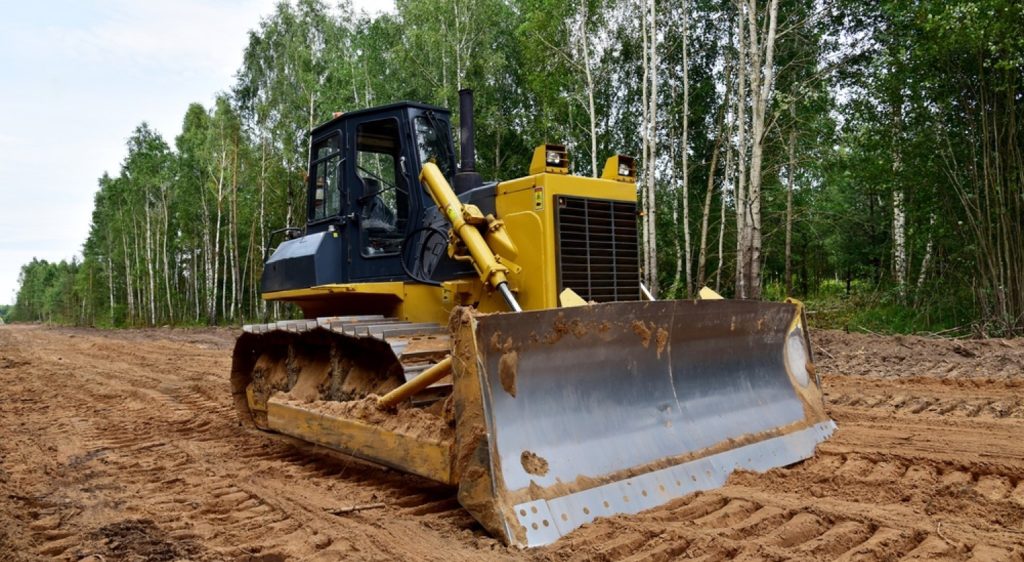
Safety Features
Safety is paramount when operating heavy machinery. Look for dozers with built-in safety features like rollover protection, good visibility, and advanced control systems.
Environmental Considerations
Some dozers are equipped with features that minimize environmental impact, such as low-emission engines and noise reduction systems.
Future and Innovations
Stay informed about new technologies and innovations in dozer manufacturing, such as automation and enhanced GPS functionalities, which can improve precision and efficiency.
Case Studies
Examining real-world applications of different dozers can provide insights into their performance and suitability for various tasks.
Buying vs. Renting
Benefits of Buying
Buying a dozer may be more cost-effective if you require its use for long-term projects or frequent construction activities.
Benefits of Renting
Renting may be advantageous for short-term projects or when needing a dozer for occasional use, offering flexibility and reduced capital investment.
Maintenance Tips
Regular maintenance is essential to keep your dozer in optimal condition. Follow manufacturer guidelines and perform routine checks.
Common Mistakes
Avoid common pitfalls such as choosing the wrong size or type of dozer for your project, which can lead to increased costs and delayed schedules.
Expert Insights
Gathering advice from industry professionals can help you make better decisions and avoid common errors in dozer selection and operation.
Conclusion
Selecting the right dozer is a strategic decision that affects project efficiency, costs, and safety. By carefully considering your project requirements and the capabilities of different dozers, you can ensure that you choose the best machine for your needs.

